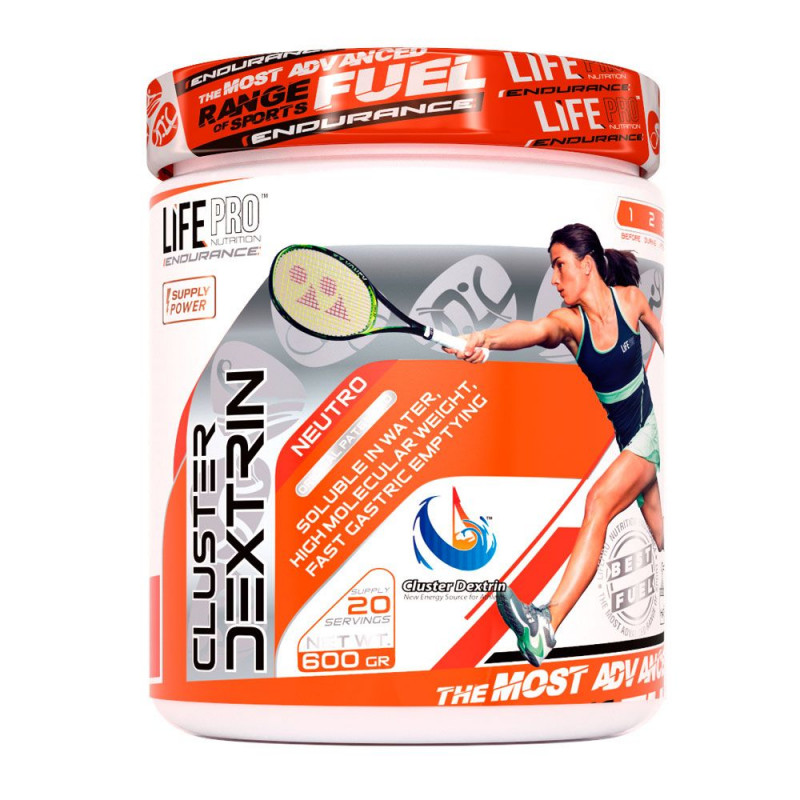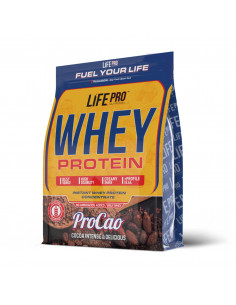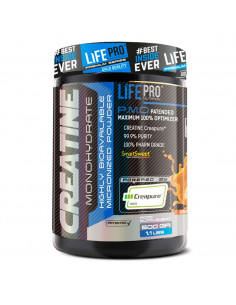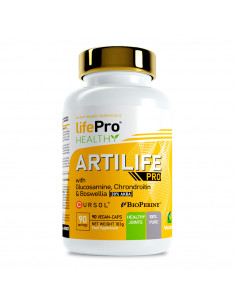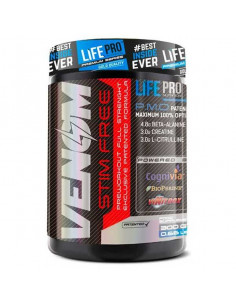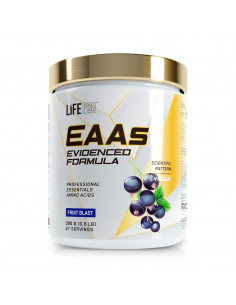Carbohydrates are a fundamental energy substrate and predictor of sports performance, therefore, they are consumed in large quantities in the diet of athletes. However, the consumption of carbohydrates in the period around training requires a much more specific assessment, seeking to assess good digestion and adequate energy intake.
You may also like
Composition:
This product contains cyclodextrin (highly branched cyclic dextrins) under the Cluster Dextrin patent ®.
What is it for?
In sports traditionally known as endurance sports carbohydrates are often used during training as a means of obtaining fast energy during sports practice.
Among the most popular carbohydrates, in recent years the use of cyclodextrins or highly branched cyclic dextrins has acquired an important role.
Cyclodextrin is obtained from the enzymatic degradation of starch, which generates a carbohydrate with improved absorption and reduced gastric emptying. Its water-like glycation facilitates its passage through the digestive tract and its concentration in the blood, which often means no discomfort in those sensitive to other carbohydrates.
These characteristics allow that in those athletes who need a continuous supply of carbohydrates, suffer regular discomfort due to digestion or have some pathology of gastrointestinal origin, it becomes one of the priority options for carbohydrate supplementation.
On the other hand, in those athletes of other modalities whose training does not belong to endurance modalities, but who have very high energy requirements, the use of cyclodextrin can be a smart option to introduce an extra rich caloric intake in the periods around training.
Lastly, we must take into account that the consumption of carbohydrates during exercise obeys different transporters when consumed in large quantities, this means that under average amounts of carbohydrates the consumption of a source of glucose such as cyclodextrin is sufficient. However, in those sports where large amounts of carbohydrates (greater than 45/60/g) are consumed, the combination of cyclodextrin with fructose in a 2:1 ratio may be a good option to increase the total amount of carbohydrates during exercise.
Benefits:
- Facilitation of gastric emptying.
- Improved digestion compared to other carbohydrates.
- Ease of incorporation during intra-training periods.
- Obtaining fast energy during exercise.
What dosage to consume?
Adjust the dose to your daily energy and nutritional needs. However, the consumption of 30 to 90 g of carbohydrates during exercise has been shown to have an ergogenic effect in medium and long duration sports.

